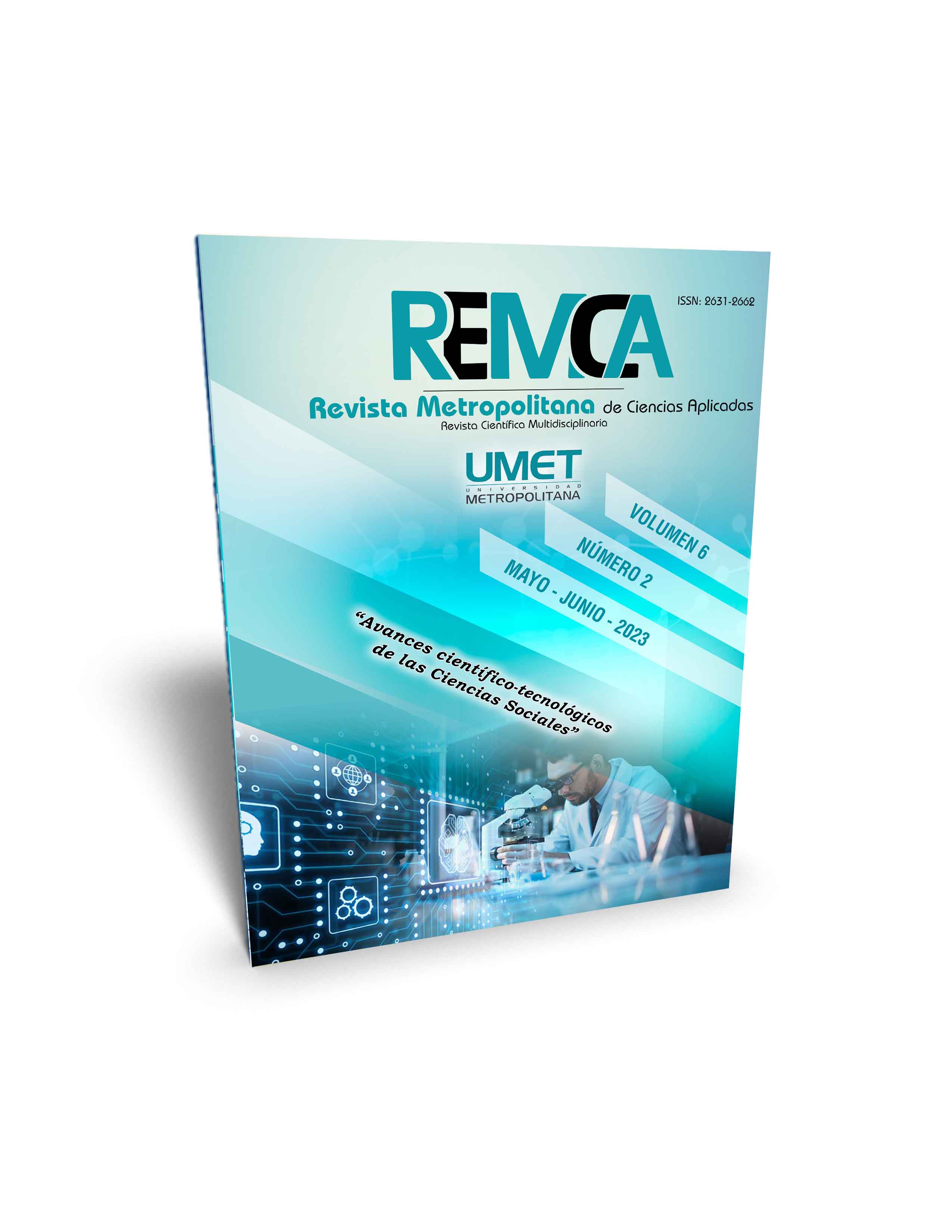Analysis of the right to development for citizens in Ecuador
DOI:
https://doi.org/10.62452/rypzkm95Keywords:
Right to development, human rights, global development, challenges of developing countriesAbstract
The right to development is a fundamental right that focuses on ensuring that all citizens have access to the opportunities and resources necessary to develop their potential and contribute to the development of their country. However, in practice, much remains to be done to ensure that all citizens have access to the necessary opportunities and resources. It is important to invest in basic infrastructure, education and training, sustainable agricultural development policies, and to promote citizen participation and consultation with rural communities. In the rural environment, these challenges are even more evident due to the lack of access to basic services and economic opportunities. Specific measures are needed to improve the situation in rural areas and to guarantee the right to development for all citizens. The following research is descriptive and through a comprehensive analysis explores the most important issues in the right to development for citizens.
Downloads
References
Bader, V. M. (1999). Citizenship of the European Union. Human Rights, Rights of Citizens of the Union and of Member States. Ratio Juris, 12(2), 153-181.
Beade, I. (2012). Ciudadanos activos y pasivos. Un análisis crítico de las reflexiones kantianas acerca del derecho de ciudadanía. Revista de Filosofía, 44(132), 83-104.
Eskridge, W. N. (2001). The relationship between obligations and rights of citizens. Immigr. & Nat'lity L. Rev., 22, 593.
Foth, M., Brynskov, M., & Ojala, T. (2015). Citizen’s right to the digital city. Springer.
Jiménez, M. F. C. (2018). Modelo para analizar la incidencia del capital social en el desarrollo humano en Bogotá, DC. Criterio Libre, 16(29), 183-202.
Murdock, G. (2016). Citizens, consumers, and public culture. En, . Skovmand and K.C. Shroder (eds), Media cultures. (pp. 17-41). Routledge.
Norris, P. (1999). Critical citizens: Global support for democratic governance. Oxford.
Li, H., Chen, K., Yan, L., Yu, L., & Zhu, Y. (2023). Citizenization of rural migrants in China's new urbanization: The roles of hukou system reform and rural land marketization. Cities, 132.
Loss, C. P. (2011). Between citizens and the state. In Between Citizens and the State. Princeton University Press.
Sen, A. (1998). Las teorías del desarrollo a principios del siglo XXI. Cuadernos de economía (Santafé de Bogotá), 17(29), 73-100.
Tully, J. (1999). The agonic freedom of citizens. Economy and Society, 28(2), 161-182.
Vercelli, A. (2013). La participación ciudadana en la era digital. Análisis de las tecnologías digitales que se utilizan para la gestión de derechos ciudadanos. Virtualis, 4(7), 115-129.
Vizcaíno Pacheco, E. L. (2018). Introducción al derecho: una propuesta jurídica y pedagógica para comprender el derecho. Editorial Universidad del Atlántico.
Wallerstein, I. (2003). Citizens all? Citizens some! The making of the citizen. Comparative studies in society and history, 45(4), 650-679.
Downloads
Published
Issue
Section
License
Copyright (c) 2023 Fernando Juca-Maldonado, Verónica Mocha-Román (Autor/a)

This work is licensed under a Creative Commons Attribution-NonCommercial-ShareAlike 4.0 International License.
Authors who publish in Revista Metropolitana de Ciencias Aplicadas (REMCA), agree to the following terms:
1. Copyright
Authors retain unrestricted copyright to their work. Authors grant the journal the right of first publication. To this end, they assign the journal non-exclusive exploitation rights (reproduction, distribution, public communication, and transformation). Authors may enter into additional agreements for the non-exclusive distribution of the version of the work published in the journal, provided that acknowledgment of its initial publication in this journal is given.
© The authors.
2. License
The articles are published in the journal under the Creative Commons Attribution-NonCommercial-ShareAlike 4.0 International License (CC BY-NC-SA 4.0). The terms can be found at: https://creativecommons.org/licenses/by-nc-sa/4.0/deed.en
This license allows:
- Sharing: Copying and redistributing the material in any medium or format.
- Adapting: Remixing, transforming, and building upon the material.
Under the following terms:
- Attribution: You must give appropriate credit, provide a link to the license, and indicate if any changes were made. You may do this in any reasonable manner, but not in any way that suggests the licensor endorses or sponsors your use.
- NonCommercial: You may not use the material for commercial purposes.
- ShareAlike: If you remix, transform, or build upon the material, you must distribute your creation under the same license as the original work.
There are no additional restrictions. You may not apply legal terms or technological measures that legally restrict others from doing anything the license permits.




